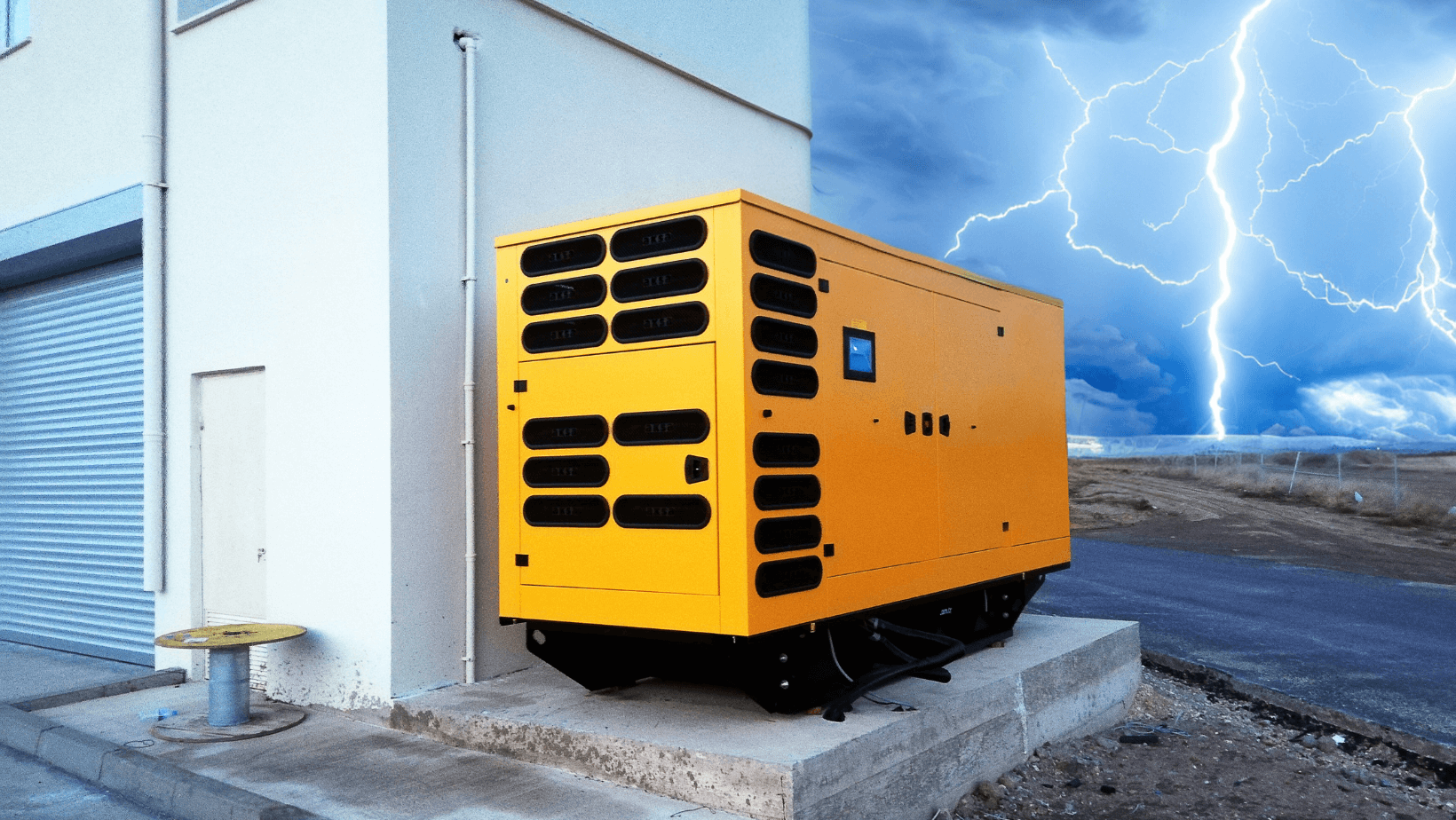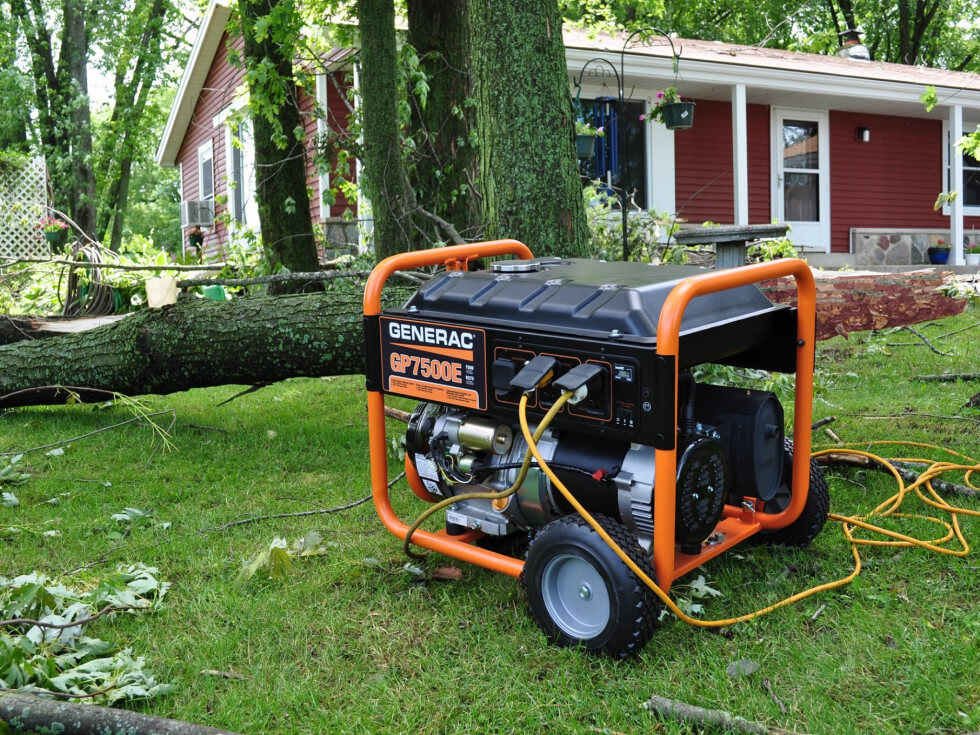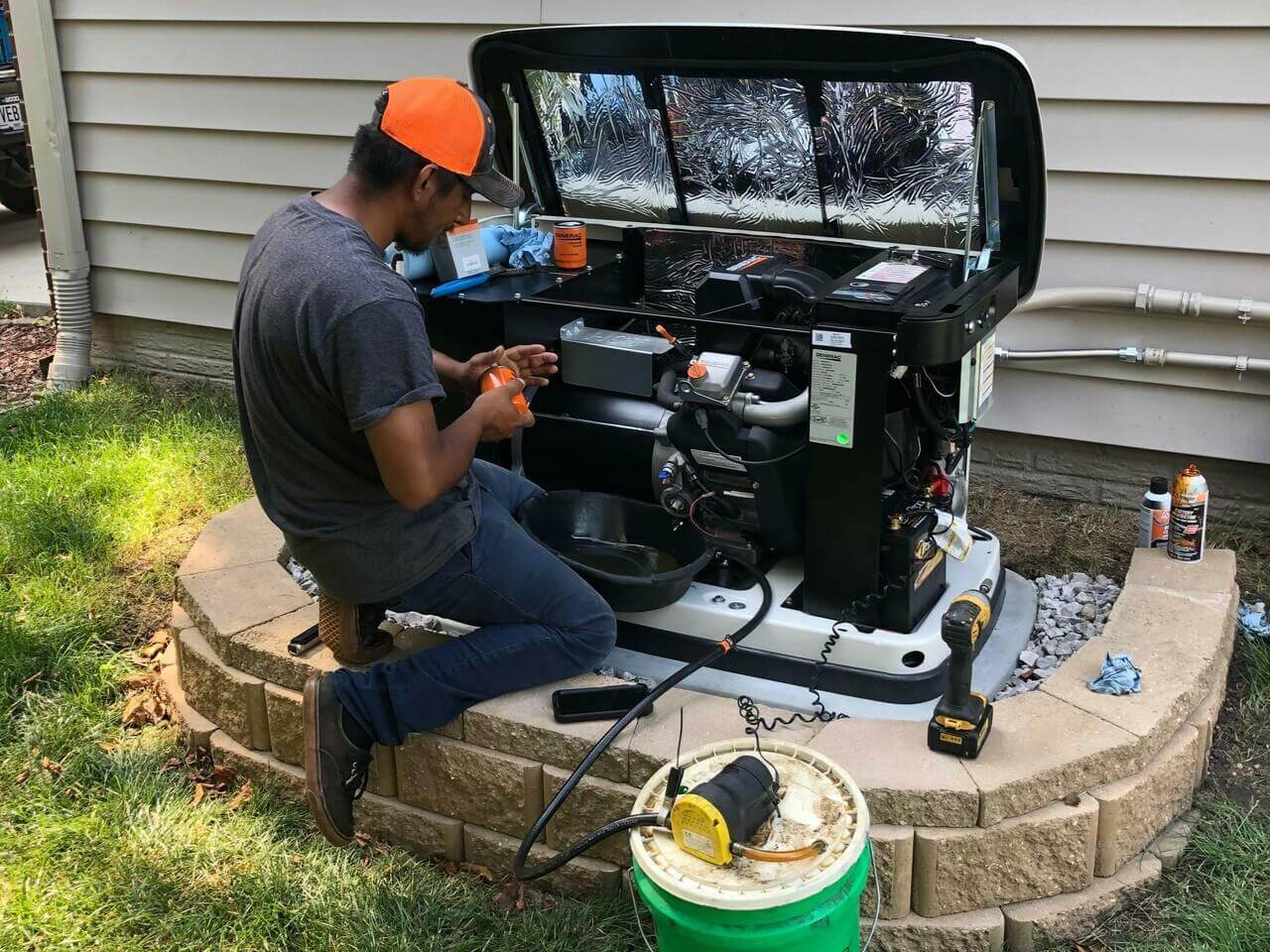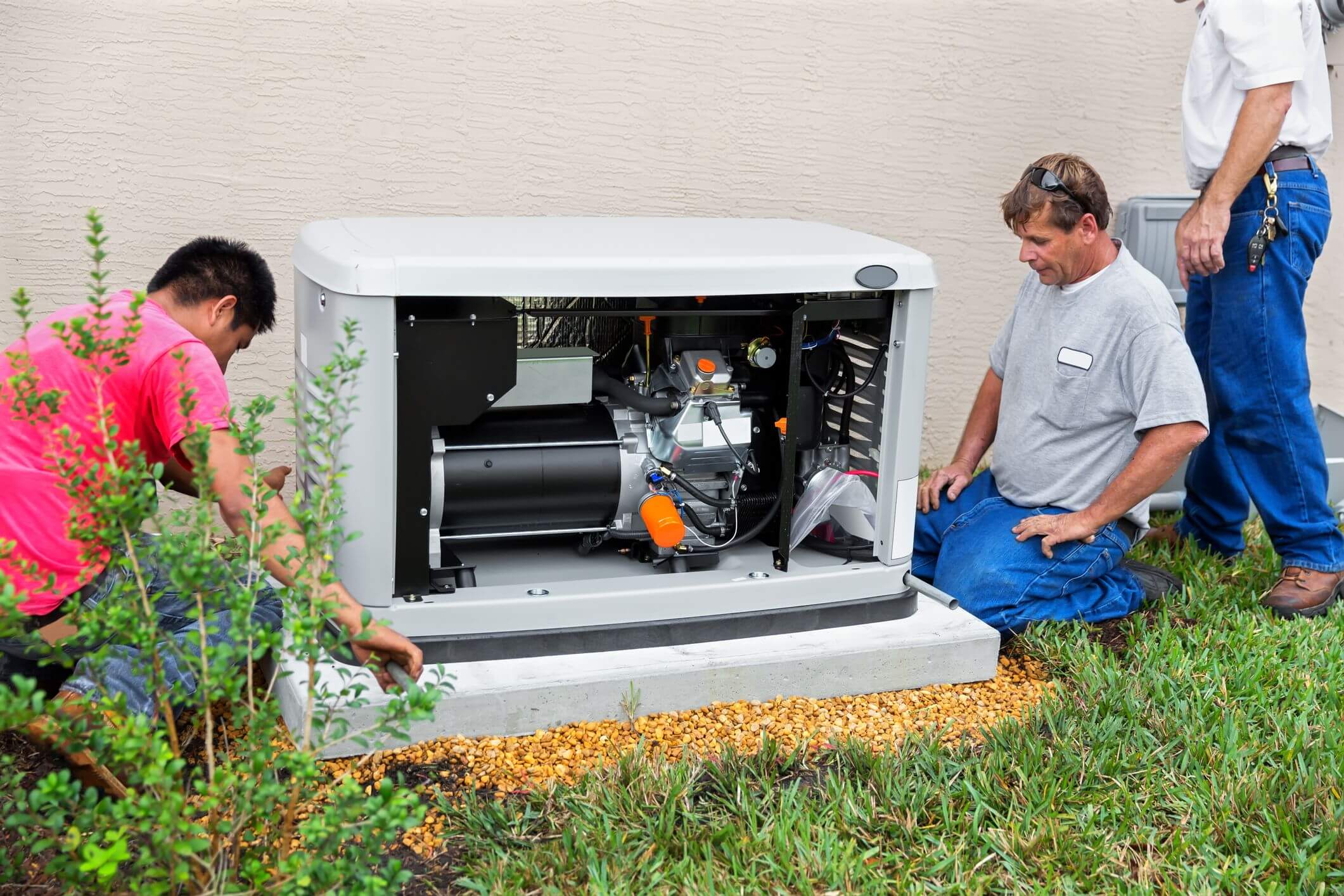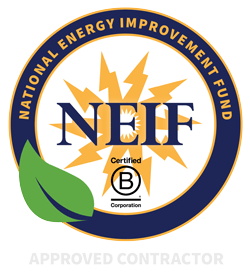Are Generac Generators Worth It?
- Generators
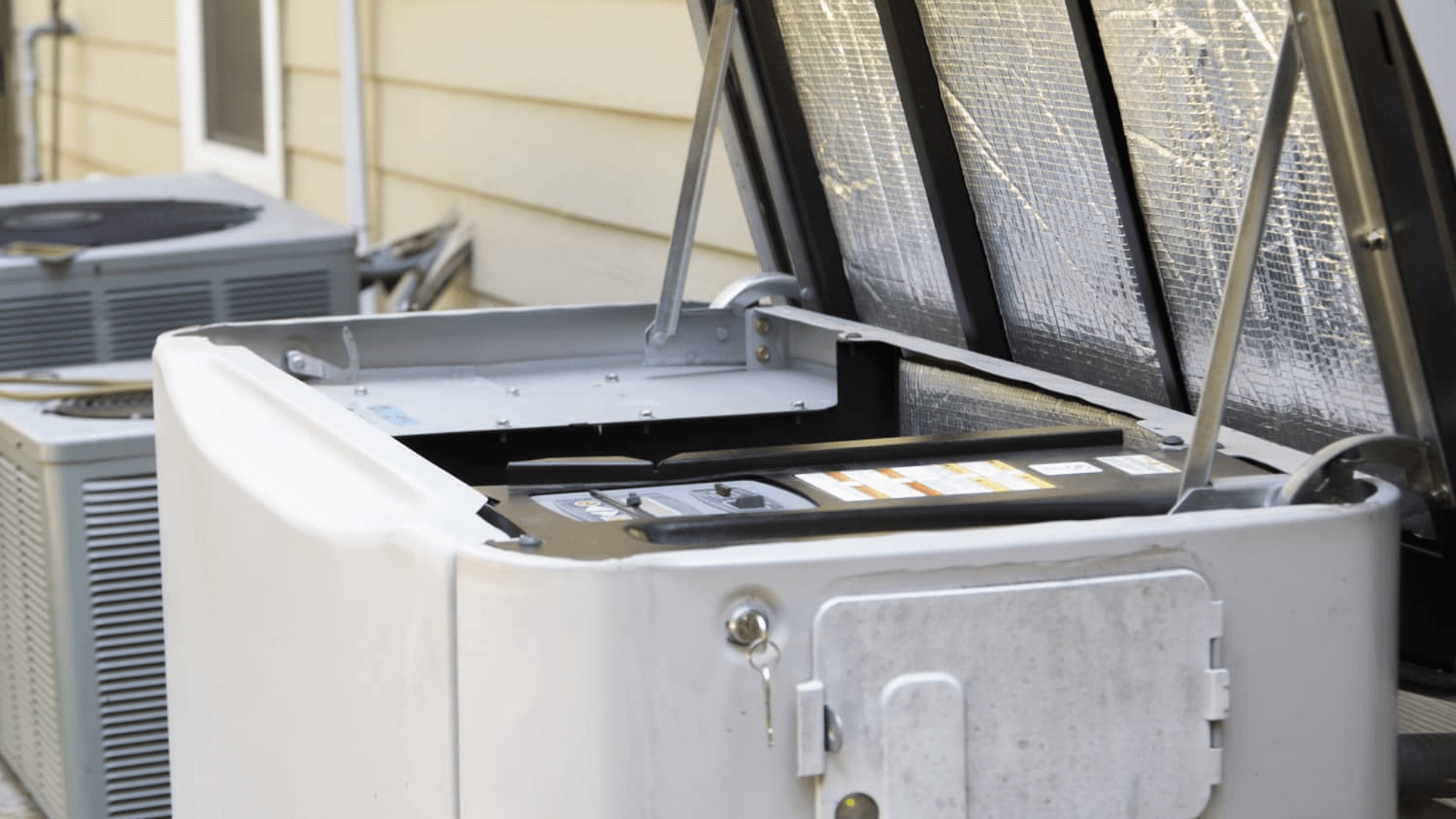
In today’s fast-paced world, a consistent and uninterrupted power supply is important to keep our homes and businesses operating smoothly. Power outages can bring about many inconveniences, financial losses, and even safety risks. To combat this challenge, an increasing number of homeowners and businesses are turning to generators for dependable backup power. Among the popular choices in the market are Generac generators, and North Shore Home Energy is here to provide professional generator installation services. In this blog post, we will delve into the world of Generac generators, their numerous benefits, potential drawbacks, factors to consider before making a purchase, and ultimately answer the question: Are Generac generators worth it?
What are Generac Generators?
Generac generators are renowned for their high-quality, standby power solutions. These generators are permanently installed outside your home or business, connected to your electrical system, and automatically turn on when the power goes out. They come in various sizes and power capacities to meet different needs.
Benefits of Generac Generators
Generac generators have become a top choice for those seeking a dependable backup power solution. Here are some key advantages of investing in a Generac generator:
- Automatic Power Transfer: One of the advantages of Generac generators is their automatic power transfer feature. When a power outage occurs, the generator senses it and takes over. This ensures there is little to no interruption in the power supply.
- Reliable Backup Power: Generac generators run on natural gas or propane. This makes them more reliable than portable generators that depend on fuel availability during emergencies.
- Peace of Mind: With a Generac generator, you can have peace of mind knowing that your essential appliances will continue to function during power outages.
- Home Value: Installing a Generac generator can boost your home’s value, as it is considered a valuable and attractive feature for potential buyers.
Potential Drawbacks of Generac Generators
While Generac generators come with numerous benefits, it is essential to consider some potential drawbacks before making a final decision.
- Initial Cost: Generac generators require a significant upfront investment, including the cost of the unit itself and professional generator installation. However, the long-term benefits may outweigh the initial expenses.
- Regular Maintenance: Like any complex machine, Generac generators need regular maintenance to ensure they operate optimally. Maintenance costs should be factored into the overall ownership cost.
- Noise: While Generac generators are designed to be quieter than some other models, they can still produce noise during operation.
Factors to Consider Before Buying a Generac Generator
When contemplating the purchase of a Generac generator, it’s essential to take certain factors into account to ensure you make the right decision:
- Power Requirements: Assess your power needs to determine the generator’s size and capacity that suits your home or business requirements.
- Fuel Source: Decide between natural gas and propane generators based on availability and convenience.
- Location and Zoning: Check local regulations and zoning rules regarding generator installation and placement.
- Professional Installation: Ensure that you hire a certified electrician or generator installer to set up your Generac generator correctly and safely.
Are Generac Generators Worth It?
The answer to this question depends on individual circumstances and needs. If you live in an area with frequent power outages or require a reliable backup power source for your business, a Generac generator can be a worthy investment. The peace of mind, convenience, and added home value they provide often outweigh the initial costs and potential drawbacks. Before making a decision, carefully evaluate your requirements, budget, and available fuel options.
Generac Generators: A Worthy Investment
In conclusion, Generac generators stand as a reliable and automatic backup power solution catering to both homeowners and businesses. These generators boast an array of benefits, encompassing automatic power transfer, peace of mind, and even an increase in property value. While some may perceive the upfront costs and regular maintenance as potential drawbacks, the long-term advantages of Generac generators often solidify their status as a valuable investment. When contemplating the question of are Generac generators worth it, it is crucial to meticulously evaluate your power needs, available fuel options, and adhere to proper installation guidelines. In numerous cases, the convenience and security they offer render them a well-worthy investment for anyone seeking an uninterrupted power supply. To embark on this power journey, trust North Shore Home Energy and our specialized generator installation services, ensuring a seamless and efficient integration of your backup power solution.
Check out our Google Reviews to see why our customers love North Shore Home Energy!


